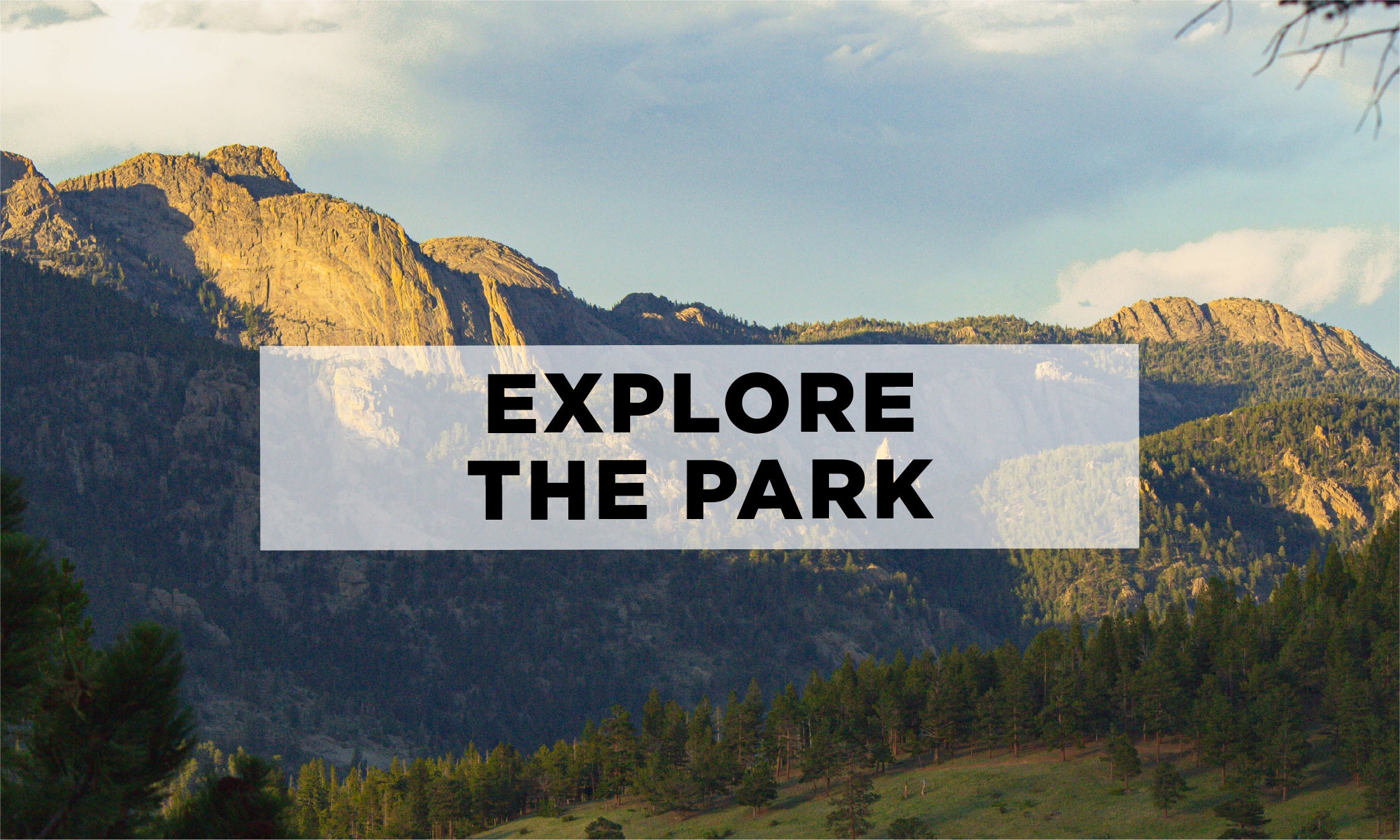Ultimate Packing List for Summer Day Hikes in Rocky Mountain National Park
When you're planning a summer day hike in Rocky Mountain National Park, being prepared makes all the difference. While the views are stunning and the weather can be gorgeous, the Rockies are famous for their quick-changing conditions. Whether you're heading out with a guide or exploring solo, having the right gear can make your adventure safe, enjoyable, and memorable.
Essential Gear for Day Hiking:
1. Daypack (20-30 liters):
A comfortable, lightweight daypack is crucial. Look for one with hip belts and ventilated back panels for hot days.
2. Clothing Layers:
-
Base layer: Light, moisture-wicking T-shirt (no cotton!).
-
Mid-layer: Light fleece or softshell jacket.
-
Outer layer: Packable rain jacket, even on sunny days.
3. Hiking Pants or Shorts:
Breathable, quick-dry fabrics are best. Zip-off pants offer flexibility for warm afternoons.
4. Footwear:
Well-worn hiking boots or sturdy trail shoes with good tread. Avoid brand-new boots unless you've broken them in first!
5. Sun Protection:
-
Sunglasses with UV protection.
-
Broad-brimmed hat or baseball cap.
-
SPF 30+ sunscreen and lip balm.
6. Hydration:
Bring at least 2 liters of water per person. Hydration bladders (Camelbaks) work great for easy access while hiking.
7. Snacks:
High-calorie, easy-to-eat options like trail mix, granola bars, beef jerky, and fruit.
8. Navigation Tools:
Even if you're with a guide, having your own trail map, compass, or a hiking GPS app can help you stay oriented.
9. Emergency Essentials:
-
Small first aid kit (including blister treatment!)
-
Emergency whistle
-
Multi-tool or small knife
-
Flashlight or headlamp (even for day hikes)
10. Extras:
-
Lightweight trekking poles (especially for rocky or steep trails)
-
Bug spray (yes, we do have mosquitoes)
-
Bandana or buff for dust/sweat
-
Lightweight gloves and beanie (mountain weather!)
Always pack like you might stay longer than planned. In Rocky Mountain National Park, afternoon thunderstorms, wildlife sightings, or unexpected trail delays are common.


 Stargaze
Stargaze
 Snowshoe
Snowshoe
 Hiking
Hiking
 Fishing
Fishing
 Photography
Photography
 Activities
Activities
 Food & Drink Tours
Food & Drink Tours